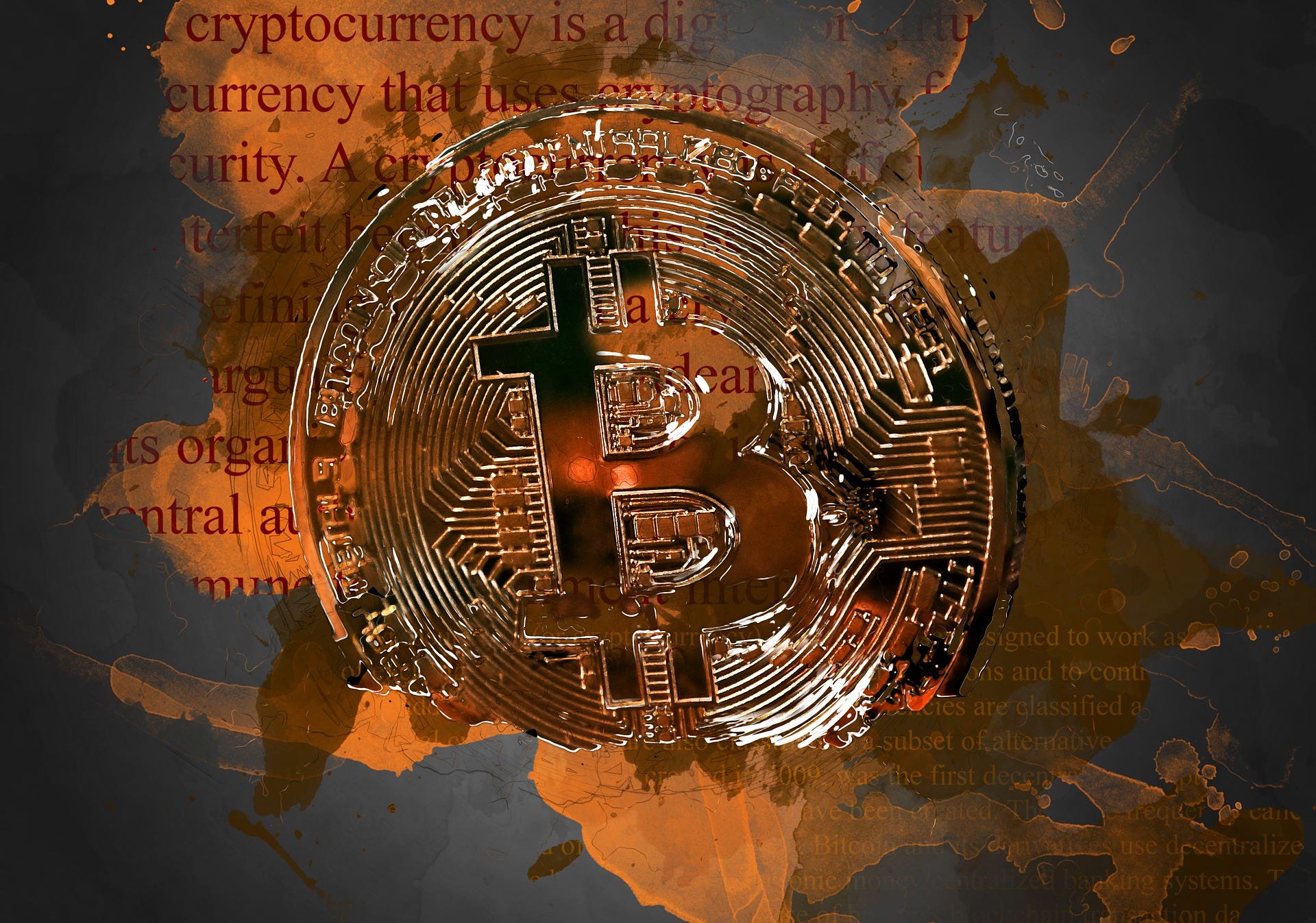PALO ALTO, Calif. (Reuters) - The Federal Reserve is looking at a broad Click for source variety of concerns around digital payments and currencies, including policy, style and legal considerations around potentially providing its own digital currency, Guv Lael Brainard stated on Wednesday. Brainard's remarks suggest more openness to the possibility of a Fed-issued digital coin than in the past." By transforming payments, digitalization has the possible to provide higher worth and convenience at lower cost," Brainard said at a conference on payments at the Stanford Graduate School of Business.
Reserve banks globally are disputing how to manage digital financing technology and the distributed ledger systems utilized by bitcoin, which promises near-instantaneous payment at possibly low expense. The Fed is developing its own round-the-clock real-time payments and settlement service and is presently examining 200 remark letters submitted late in 2015 about the suggested service's design and scope, Brainard stated.
Less than 2 years ago Brainard informed a conference in San Francisco that there is "no engaging demonstrated need" for such a coin. But that was prior to the scope of Facebook's digital currency ambitions were commonly known. Fed officials, including Brainard, have actually raised concerns about consumer defenses and data and privacy hazards that could be presented by a currency that might enter use by the 3rd of the world's population that have Facebook accounts.
" We are working together with other reserve banks as we advance our understanding of central bank digital currencies," she said. With more countries checking out releasing their own digital currencies, Brainard said, that contributes to "a set of reasons to likewise be making certain that we are that frontier of both research study and policy advancement." In the United States, Brainard stated, problems that require research study consist of whether a digital currency would make the payments system more secure or easier, and whether it could pose monetary stability threats, including the possibility of bank runs if money can be turned "with a single swipe" into the central bank's digital currency.
To counter the financial damage from America's extraordinary nationwide lockdown, the Federal Reserve has actually taken extraordinary steps, consisting of flooding the economy with dollars and investing straight in the economy. The majority of these relocations got grudging acceptance even from lots of Fed doubters, as they saw this stimulus as needed and something only the Fed could do.
My new CEI report, "Government-Run Payment Systems Are Risky at Any Speed: The Case Against Fedcoin and FedNow," information the risks of the Fed's current prepare for its FedNow real-time payment system, and proposals for main bank-issued cryptocurrency that have been dubbed Fedcoin or the "digital dollar." In my report, I talk about issues about privacy, information security, currency control, and crowding out private-sector competitors and development.
Proponents of FedNow and Fedcoin state the government needs to develop a system for payments to deposit immediately, rather than motivate such systems in the personal sector by lifting regulatory barriers. However as kept in mind in the paper, the personal sector is providing an apparently limitless supply of payment technologies and digital currencies to fix the problemto the level it is a problemof the time gap in between when a payment is sent out and when it is received in a savings account.

And the examples of private-sector development in this area are lots of. The Clearing Home, a bank-held cooperative that has been routing interbank payments in different kinds for more than 150 years, has been clearing real-time payments considering that 2017. By the end of 2018 it was covering 50 percent of the deposit base in the U.S.